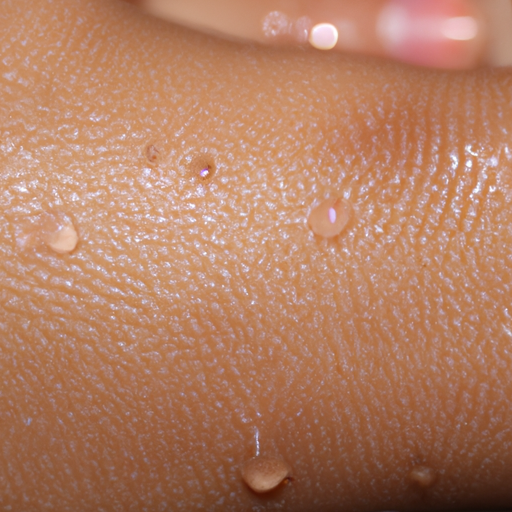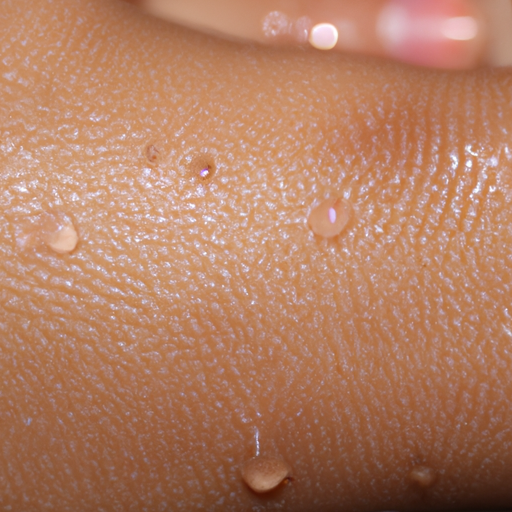As a medical professional, I have encountered numerous patients who are struggling with oily skin. This common skin condition can cause discomfort, embarrassment, and can even lead to more serious skin problems such as acne. However, with the right knowledge and approach, it is possible to manage oily skin effectively and win the battle against it.
Oily skin is primarily caused by overactive sebaceous glands that produce excess sebum, a naturally occurring skin oil. While sebum is essential for keeping the skin healthy and moisturized, too much of it can lead to a shiny, greasy appearance and clogged pores. Genetics, hormonal fluctuations, stress, and environmental factors can all contribute to increased sebum production.
The first step in managing oily skin is understanding that it is not the enemy. In fact, those with oily skin tend to have thicker, more resilient skin that is less prone to wrinkling. The goal should not be to eliminate oil entirely but to balance oil production.
A proper skincare routine is crucial in this battle. Start with a gentle, oil-free cleanser. Harsh products can strip the skin of its natural oils, causing the sebaceous glands to overcompensate and produce even more oil. Follow this with a toner to remove any residual dirt or makeup. Look for ingredients like witch hazel or salicylic acid that can help control oil without drying out the skin.
Moisturizing is an essential step that should not be skipped, even if your skin feels oily. Dehydrated skin can trigger more oil production. Opt for an oil-free or non-comedogenic moisturizer that won’t clog your pores.
Incorporating a weekly exfoliation into your routine can also help manage oily skin. Exfoliating removes dead skin cells that can clog pores and increase oiliness. However, be careful not to over-exfoliate as this can irritate the skin and stimulate more oil production.
Diet can also play a role in managing oily skin. Foods high in sugars, fats, and oils can stimulate sebum production. Instead, focus on a balanced diet rich in fruits, vegetables, lean proteins, and whole grains. Staying hydrated is also important as it helps keep the skin healthy and less prone to oiliness.
In some cases, topical treatments or medications may be necessary to control oil production. Retinoids, for example, can help regulate sebum production and prevent clogged pores. If you’re considering this route, it’s important to consult with a dermatologist or healthcare provider to discuss potential side effects and determine the best course of treatment.
Lastly, it’s important to remember that everyone’s skin is different. What works for one person may not work for another. It may take some trial and error to find the right products and routine for your skin. Be patient with the process and don’t be discouraged if you don’t see immediate results.
In conclusion, while oily skin can be challenging to manage, it’s not an insurmountable problem. With the right skincare routine, dietary habits, and possibly medical treatments, you can balance your skin’s oil production and achieve a healthier, more comfortable complexion. Remember, the goal isn’t to wage war against your skin, but to work with it and understand its needs. By unmasking the secrets of oily skin, you can win the battle against it.




